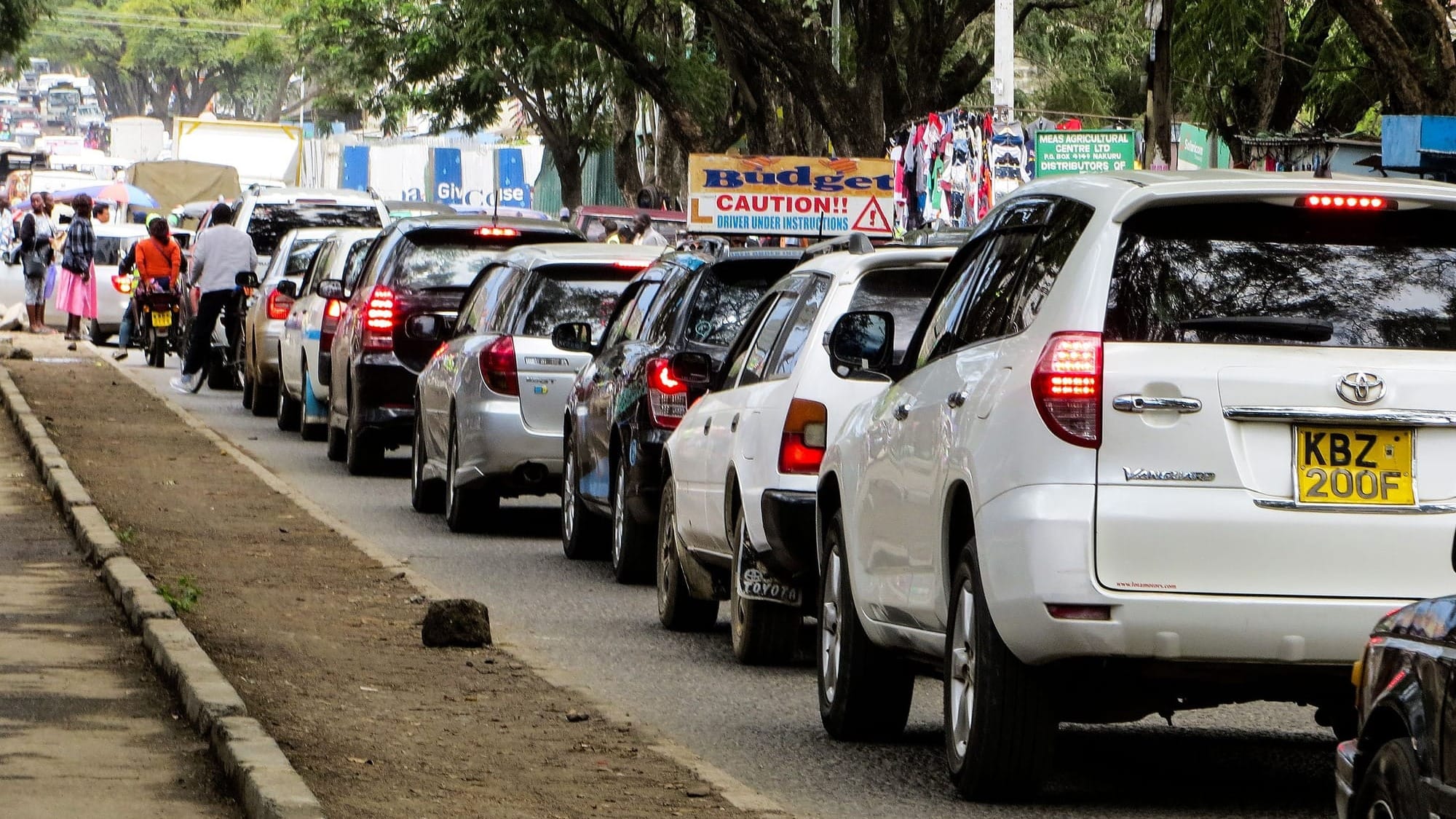
Energy
In the future, we will need far less energy than we use now.
Our energy sources will be renewable – but we will also use less energy overall. New infrastructure will allow us to create better living and working patterns. Lower economic pressures, and higher energy prices, will discourage wasteful churn.
Energy creates ease in modern lives in countless ways. High energy prices, limited supply or access, causes problems for people and industry in rich and poor countries. Growing populations worldwide experience energy poverty. It seems obvious that we need to increase energy supply, as China and India have done.
Our planet contains vast fossil fuel reserves. We use these to generate about three quarters of our energy now, but the carbon dioxide they release creates climate change. New technology promises alternatives. Renewable sources, such as solar and wind, are expanding rapidly, supported by new battery storage. LED lighting has provided drastic gains in efficiency, while electric cars offer cleaner transport.
However, transitioning to renewable energy sources, and choosing to reduce our personal environmental footprints, together still fall far short of the broader environmental and social challenges we face.
Renewables are a growing part of our energy mix, but still minor compared to fossil fuel sources. We were unlikely to meet net-zero targets to limit global warming to 1.5˚C even before the hostile posture of Trump's 'drill baby drill' second-term. This narrow goal also misses far larger problems – and deeper solutions.
Energy use is extremely unequal. Oxfam's 2025 report 'The Great Carbon Divide' found the richest 1% of humanity responsible for more carbon emissions than the poorest 66%. Such inequality is often framed in terms of global injustice: arguing for reparations to the poor communities most at risk from, but least responsible, for climate change. It also shows how increasing energy supplies has not automatically served the needs of growing populations.
China added vast capacity to power industries serving customers worldwide, helping rich countries offshore pollution while increasing wasteful consumption. Technology companies now want more energy to power data centres for AI, while others dream of power-hungry space programmes. We need to address energy poverty, but increased supply will be used in other ways, unless we address wider issues as well.
Championing renewable sources considers the carbon emissions of generating energy, without addressing its final use. Energy is a form of power, in many senses, but one without responsibility. Cheaper 'clean energy' can still lead to devastating environmental consequences, or widen social inequalities. Once we stop focussing on how power is generated, and consider how it is used, this also suggests options to reduce our power needs.
Half the energy produced globally is used by industry, while a quarter goes to transport. Countries aim to increase their energy supply to makes their industries more competitive, but we need to reduce consumption, and resource use overall. Flying is notoriously bad for the environment, but our other transport systems and infrastructure cause huge problems as well. Ageing AC transmission and conversion systems waste power, yet we generate and mainly use DC electricity.

These are collective global problems, which need solutions on an equivalent scale. Fossil fuel industries tried to reframe the issue as one of personal responsibility and environmental footprints. Installing solar panels or heat pumps in your home, avoiding flying, or replacing your car may be personally satisfying, but simply does not match the scale of the challenges we face.
Upgraded infrastructure would end traffic jams, reducing urban churn and wider economic pressures. Our insatiable extractive economy is a result of infrastructure constraints colliding with industrial abundance. Reducing these pressures would allow wider environmental recovery, including soil regeneration – which traps vast amounts of atmospheric carbon dioxide.
We are currently set to miss net zero targets, limiting climate change to 1.5˚C. Instead of chasing more energy-intensive growth, we need to change direction. This means aiming for a calmer future where we use far less energy overall, and in smarter ways.
We need to be more ambitious.